
OR
Regional sanitation conference concludes with cross-learning and collaborative practices
Published On: September 25, 2023 10:38 PM NPT By: Republica | @RepublicaNepal
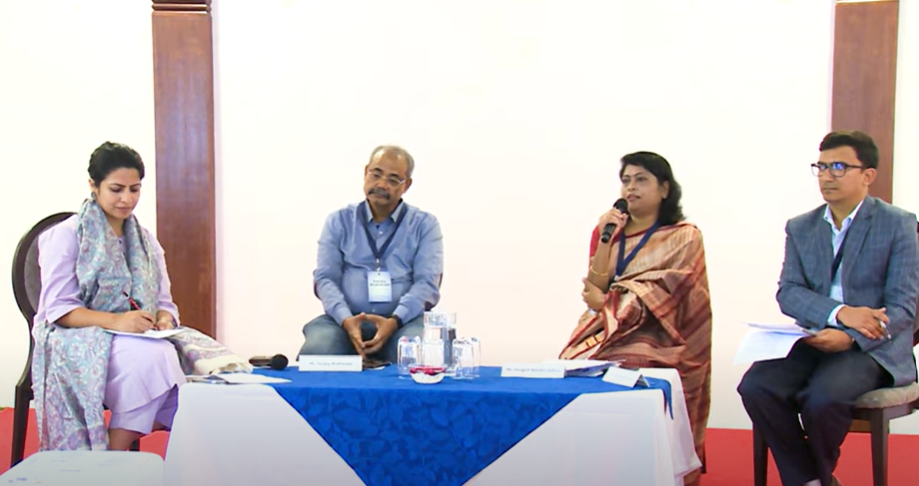
KATHMANDU, Sept 25: The Regional Sanitation Conference, aimed at fostering collaboration and sharing best practices across South Asia, has concluded on a high note. The two-day agenda provided valuable insights and showcased impactful initiatives.
The conference focused on the regional sanitation landscape over the course of two days. Alliances and partners presented their work, emphasizing the potential for cross-learning and collaboration between countries. Government panel discussions featured officials sharing their experiences and discussing achievements, challenges, and replicable best practices in sanitation service delivery. Additionally, discussions on data and monitoring tools for enhanced service delivery took place, along with a demonstration of digital technologies and tools highlighting their role in strengthening municipal sanitation service delivery by stakeholders.
Under the theme of "Community Leaders Driving Sanitation Service Delivery," organizations showcased programs and shared firsthand accounts of their transformative impact on communities. The conference provided a platform for meaningful discussions and practical demonstrations, equipping attendees with valuable insights.
The inaugural day of the South by South Cross-Learning Hub Retreat witnessed a gathering of more than 150 sanitation partners and stakeholders from across South Asia, including Nepal, India, Bangladesh, Pakistan, China, Indonesia, and the Philippines. The event, held in Chandragiri, Kathmandu, aimed to foster collaboration and discuss the critical role of stakeholders in sanitation.
 Dr Roshan Raj Shrestha, Deputy Director of the Bill and Melinda Gates Foundation, officially commenced the program deliberations with an address shedding light on the current status, vision, priorities, and the pivotal role of stakeholders in the field of sanitation in South Asia. His insights were complemented by other presenters who actively participated in the presentations.
Dr Roshan Raj Shrestha, Deputy Director of the Bill and Melinda Gates Foundation, officially commenced the program deliberations with an address shedding light on the current status, vision, priorities, and the pivotal role of stakeholders in the field of sanitation in South Asia. His insights were complemented by other presenters who actively participated in the presentations.
“People in South Asia and sub-Saharan Africa lack safely managed sanitation. Along with that, many things need to be improved there. Since we work in the field of sanitation, we have selected these two regions where we will be investing more and working together with an impact in these two regions,” he said.
Sakshi Gudwani, Senior Program Officer at Bill and Melinda Gates Foundation, emphasized that to keep sanitation workers safe, especially those who face the most difficulties in our country, everyone is working together to create policies and plans. “The goal is to have no deaths or injuries in sanitation work by 2025. It's a big task with many challenges that will take time to solve, but I'm hopeful and excited about the progress we're making in India. That's why I'm eager to learn from how Bangladesh, Nepal, and other countries are tackling this issue,” she said.
"When we talk about developing markets to drive uptake of these transformative technologies, we're primarily concerned about developing an environment in which these technologies can be adopted at scale and serviced and maintained over time without failing. “We don't want to introduce something new and then let it die on its own. That's not our goal. Our goal is to leverage the wonderful work that's been done on CWIS systems with developing capabilities in Municipal and UT and government Utilities to provide these services to people, creating an enabling environment that involves all the different players in this sanitation environment,” she added.
Likewise, Neelima Thota, Senior Advisor to the Bill & Melinda Gates Foundation, shed light on CWIS-FSM cell, which is a Faecal Sludge Management Support Cell. She said that there are several divisions under it focusing on technical, financial, gender, social inclusion, and client disaster risk reduction or resilience and climate change adaptation, one of the units supported by the government itself.
Jitendra Kumar Singh, Water Supply and Sanitation Specialist at Asian Development Bank (ADB), assured that the bank has acknowledged that involvement of the private sector is much more important than ever in bringing the scaling transformative technologies and applicability of that in many countries in South Asia and Southeast Asia for which the bank is advancing through different approaches but specific to different countries.
The regional conference provided a platform to outline the objectives and approach of the South by South Cross-Learning Hub facilitating open discussions among various partners.
Diverse alliances dedicated to the cause of safely managed sanitation in South Asia were recognized, showcasing several notable achievements. The conference featured an in-depth discussion on the sanitation landscape in South Asia and the indispensable role of these alliances. South Asia Alliances and Regional Partners shared their strategic priorities, role in driving collaboration in the region, learnings, challenges, and progress.
Samira Shakya, Program Manager at Freshwater Action Network of South Asia (FANSA), highlighted that FANSA’s target is increasing access to equitable and inclusive sanitation for all, for which the target groups are marginalized communities, people from low-income communities, women, and children. Isha Basyal, Deputy Chief Operating Officer for Global Water and Sanitation Center at AIT, shared reports showing that it is necessary to maximize our efforts by five times or even 13 times for low-income communities to achieve SDG by 2030.
According to Tazrina Habib Ananya, Knowledge Management Specialist of ITN-BUET, ITN-BUET has established an FSM laboratory with the help of the Bill and Melinda Gates Foundation. She said that it was earlier an environmental lab and now has been transformed into an FSM lab where FSM-related testing can be done.
On the second day, the conference transitioned to discuss inclusive sanitation service delivery through community engagement, with emphasis placed on understanding the community's role, effectiveness, challenges, and priorities in service delivery. Government representatives from South Asian countries elucidated the landscape, best practices, and institutional frameworks related to sanitation. They also outlined forthcoming initiatives aimed at furthering sanitation goals in the region.
Yogendra Chitrakar, Senior Divisional Engineer at the Ministry of Water Supply, shared that Nepal government’s sanitation programs are aligned with the Sustainable Development Goal (SDGs). "In 1980, a mere six percent of the population had access to basic sanitation. The Nepal government, recognizing the pressing need, launched formal sanitation initiatives. By the close of 2016, we had accomplished a remarkable feat - reaching 95 percent coverage. This monumental stride, encompassing a journey of over three decades, symbolizes not only our unwavering commitment but also the relentless pursuit of a cleaner, healthier nation. In 2019, we proudly declared Nepal an Open Defecation Free (ODF) country,” he said.
Durgesh Nandini Sahoo from the government of Odisha, India, shared that in 2015, Odisha, with a total population of 43 million in the eastern region of India, grappled with significant urban challenges. Of this population, approximately 27 percent were dwelling in slums, with 7.3 million residing in urban areas. “The pressing issue at the time was the improper disposal of wastewater through storm drains, leading to contamination of the rivers that coursed through the cities. Moreover, there was a notable absence of adequate sanitation facilities, resulting in a reliance on on-site solutions. However, in 2016, the state embarked on a transformative journey. It initiated sweeping measures to ensure universal access to sanitation and declared a commitment to creating cities free from open defecation. Since then, progress has been made in leaps and bounds. The state introduced its inaugural urban sanitation policy in 2017, which set forth a vision of cities free from both open defecation and unregulated discharge of wastewater. This encompassed the proper treatment, management, and disposal of liquid and untreated wastewater,” she added.
Sanjoy Mukherjee, Social Development Expert at CWIS-FSM Support Cell, Bangladesh, emphasized the significance of community engagement, a facet that often gets subsumed within the broader framework of stakeholder management. “When we invoke stakeholder management, it invariably encompasses considerations such as equity and gender, which are undoubtedly important. However, community engagement is about empowering those who hold the rights, ensuring that duty bearers are held accountable in accordance with national laws and regulations, amidst a plethora of other governmental imperatives,” he said.
Additionally, the use of digital technology and tools that are being leveraged to support municipal service delivery, while facilitating the presence of sufficient data in the sector for sanitation service delivery, was a central focus, with governments and stakeholders sharing their experiences in this realm.
Organizations from across the region that are working very closely with the community on the ground (sanitation workers, self-help groups, sanitation worker collectives) shared certain programs they have undertaken and showcased the impact of these programs on the lives of the community, through firsthand sharing from them on their journey.
In the closing remarks at the end of the two-day event, Dr. Roshan Shrestha, deputy director of the Bill and Melinda Gates Foundation, reiterated his belief that sharing best practices and experiences among South Asian countries could bring about substantial improvements in safely managed sanitation within the sector.
When asked about the steps required to attain SDG 2030 related to sanitation in South Asia, Dr Shrestha said to Republica, "To realize SDG 2030, accessibility to services must extend to all, regardless of economic status. Prioritizing equity is imperative. Safety measures must be in place, safeguarding public health and controlling environmental contamination. Additionally, sustainable infrastructures are essential for inclusive sanitation. Mere access is insufficient; institutional reform is equally vital."
You May Like This

Man-eater tiger dies in Sauraha
KATHMANDU, May 20: A man-eater tiger that killed two people in Manhari, Makawanpur, has died. The female tiger, which was... Read More...
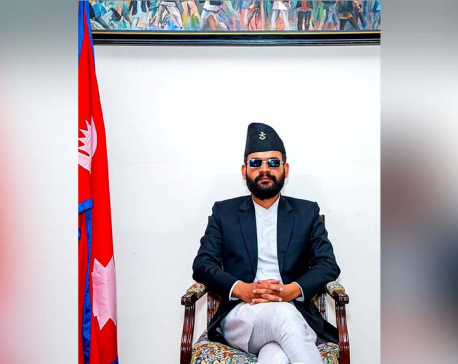
Mayor Balen announces 101 companies attempting land swaps like Giri Bandhu Tea Estate
KATHMANDU, May 20: Balen Shah, the mayor of Kathmandu Metropolitan City, has announced the names of 101 companies attempting land... Read More...
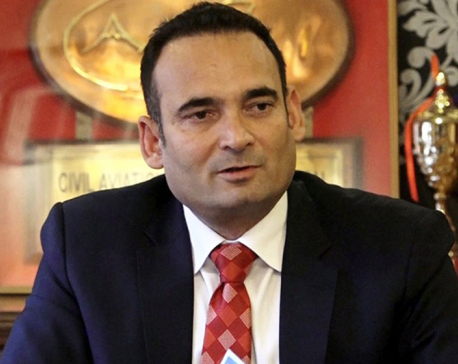
CAAN Director General Adhikari to take part in Future Aviation Forum
KATHMANDU, May 20: Pradeep Adhikari, the director general of the Civil Aviation Authority of Nepal (CAAN), is participating in the... Read More...
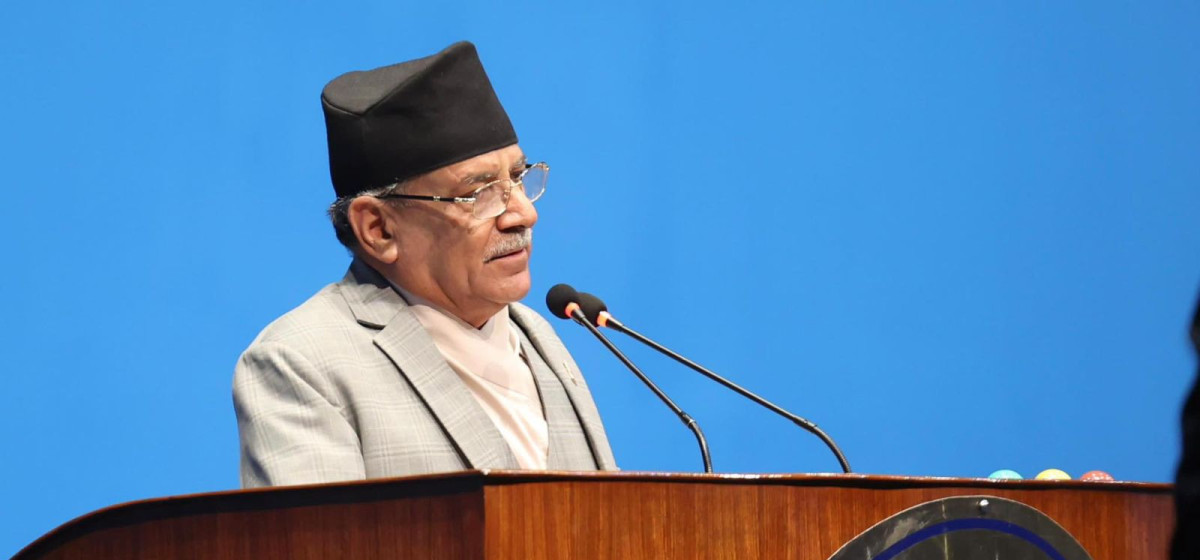
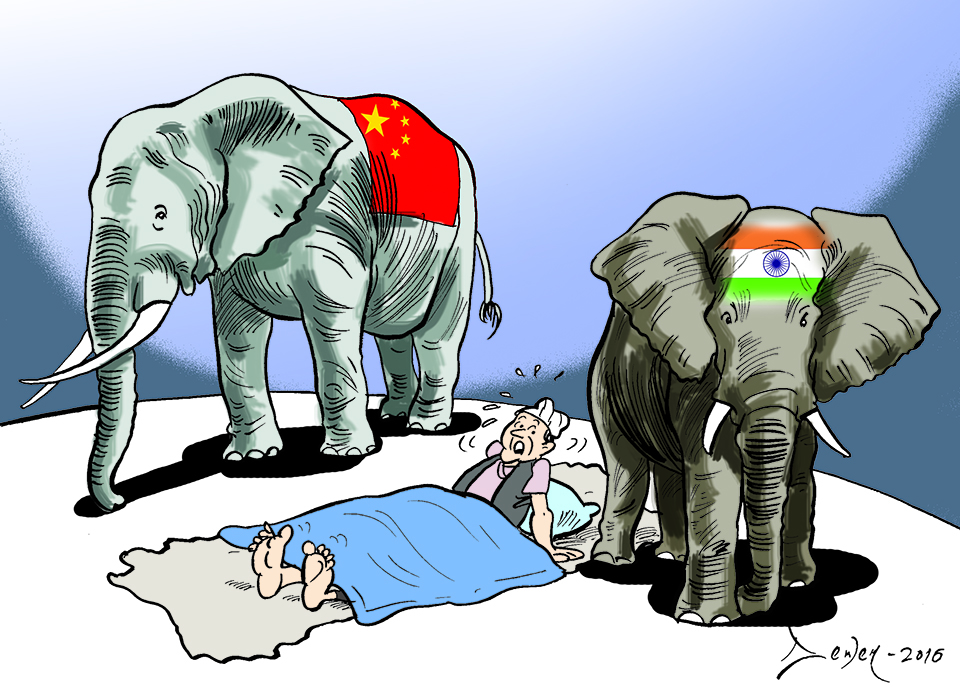

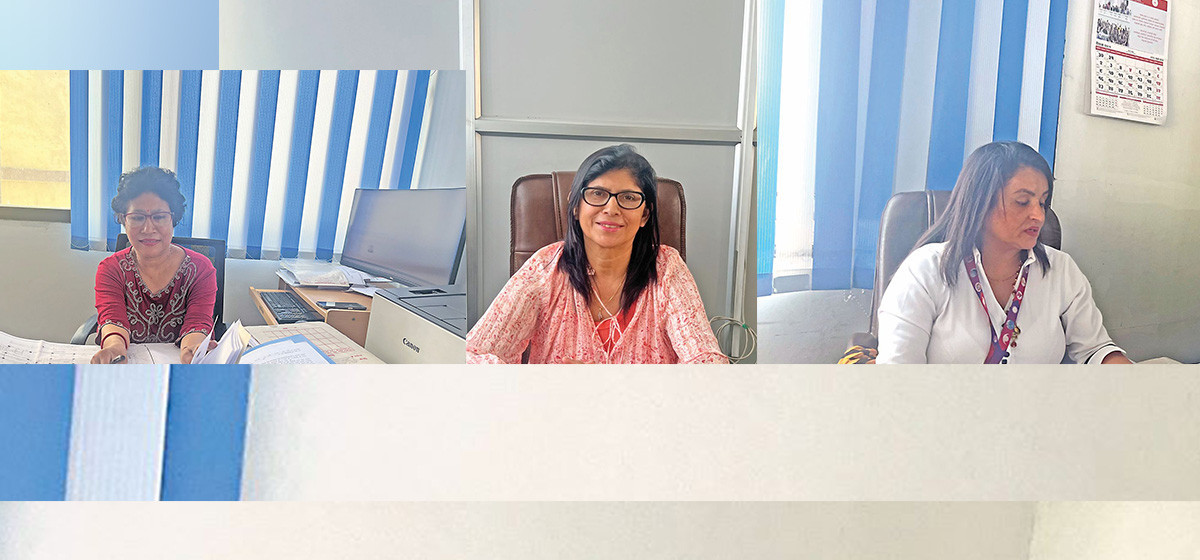
Just In
- Airlines except Tara air halt flights on Ramechhap-Lukla route with mountain climbing season drawing to a close
- NC Vice President Gurung writes letter to Speaker demanding action against Home Minister Lamichhane
- Man-eater tiger dies in Sauraha
- Mayor Balen announces 101 companies attempting land swaps like Giri Bandhu Tea Estate
- CAAN Director General Adhikari to take part in Future Aviation Forum
- Nepal seeks repatriation of 15th century Buddha statue stolen by Chinese smugglers
- Nepal expresses grief over passing of Iranian president, foreign minister in tragic helicopter accident
- NEPSE surges 27.54 points, daily turnover rises to Rs 5.85 billion





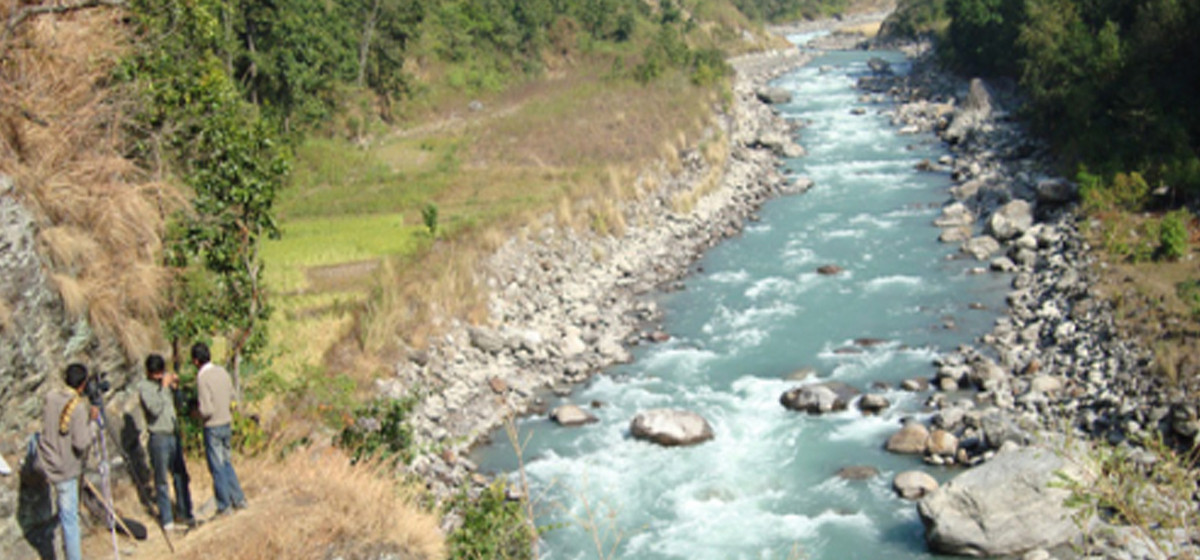
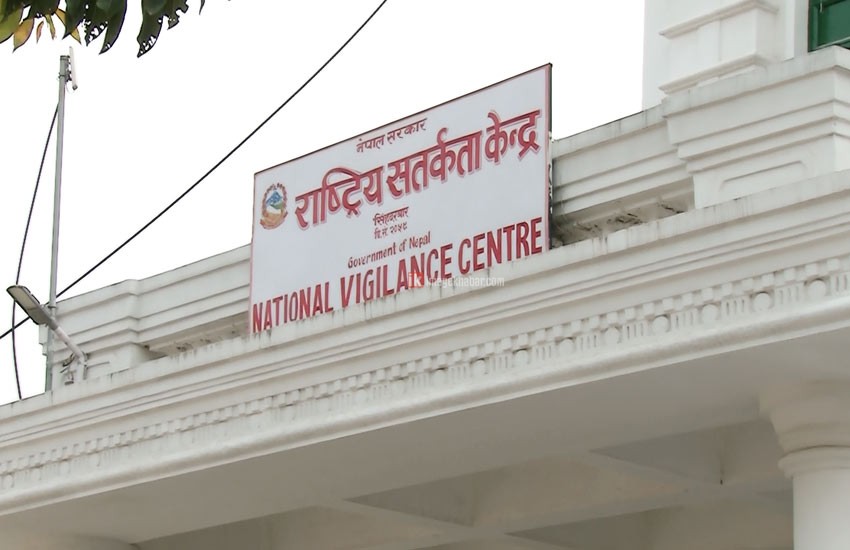

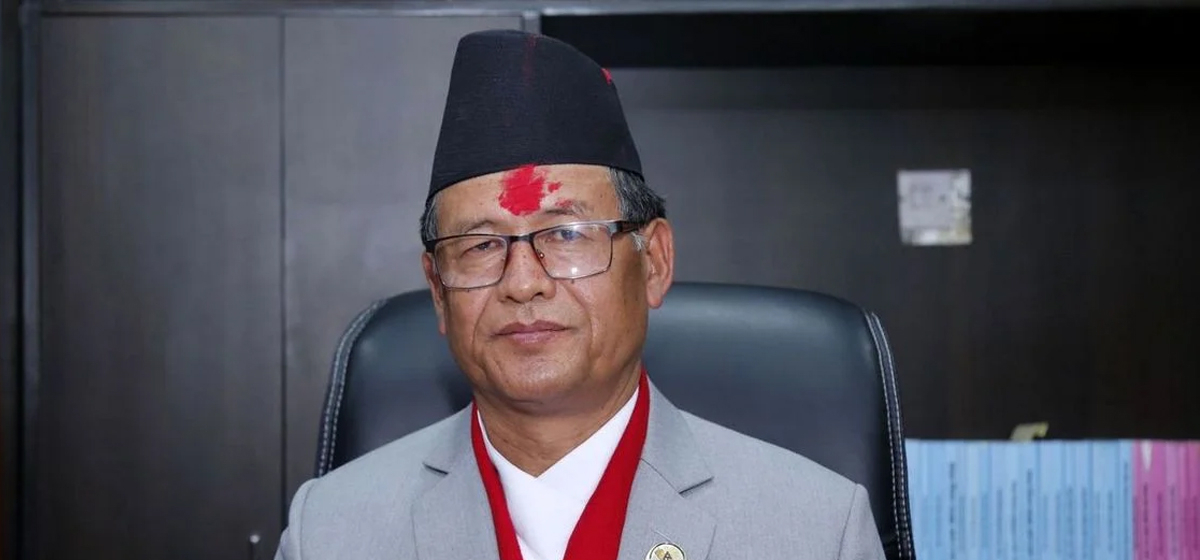


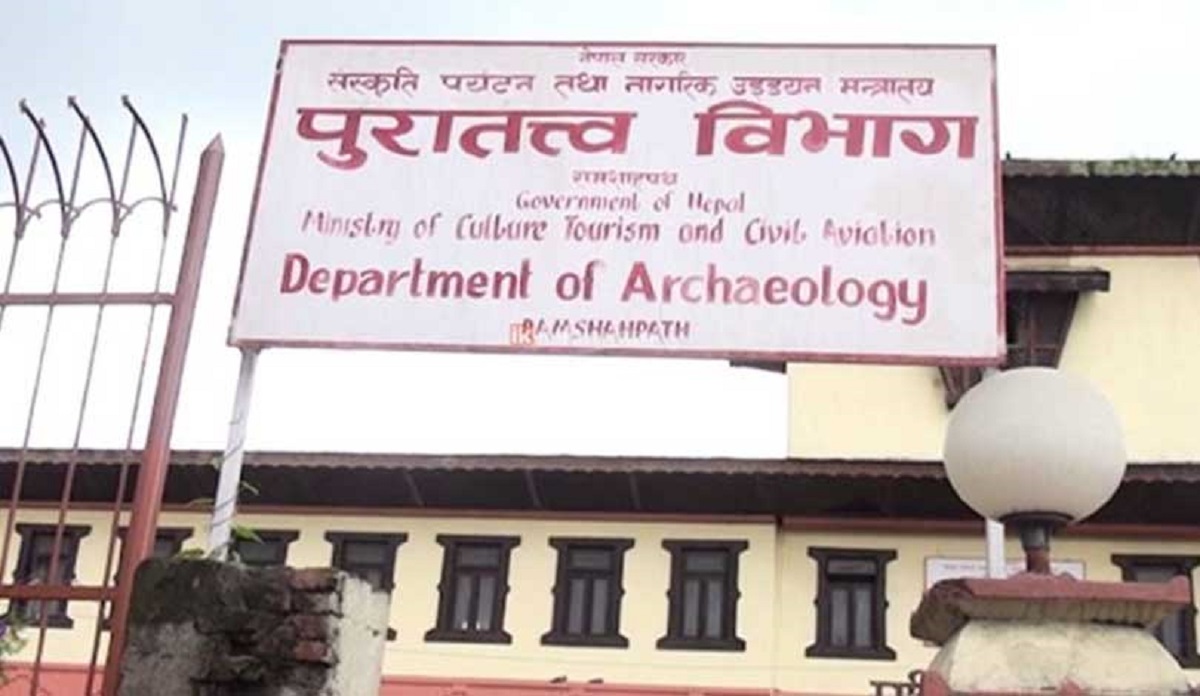
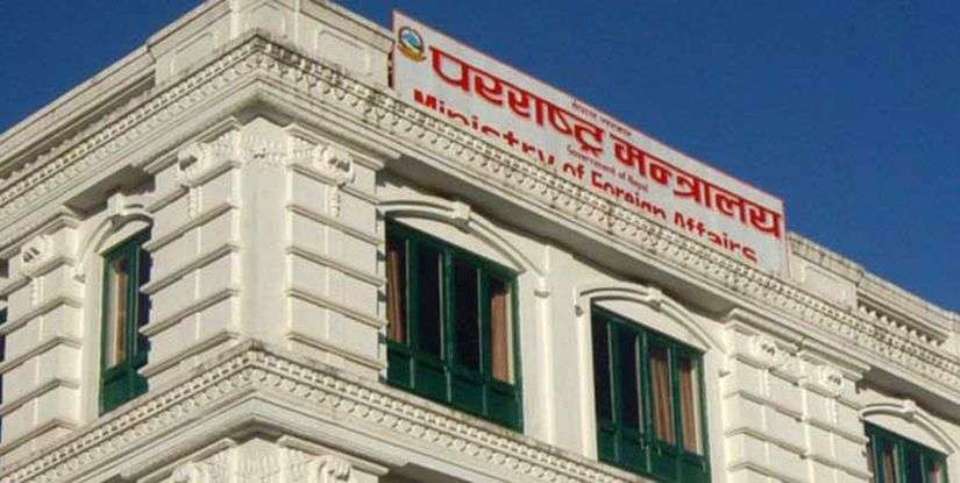

Leave A Comment